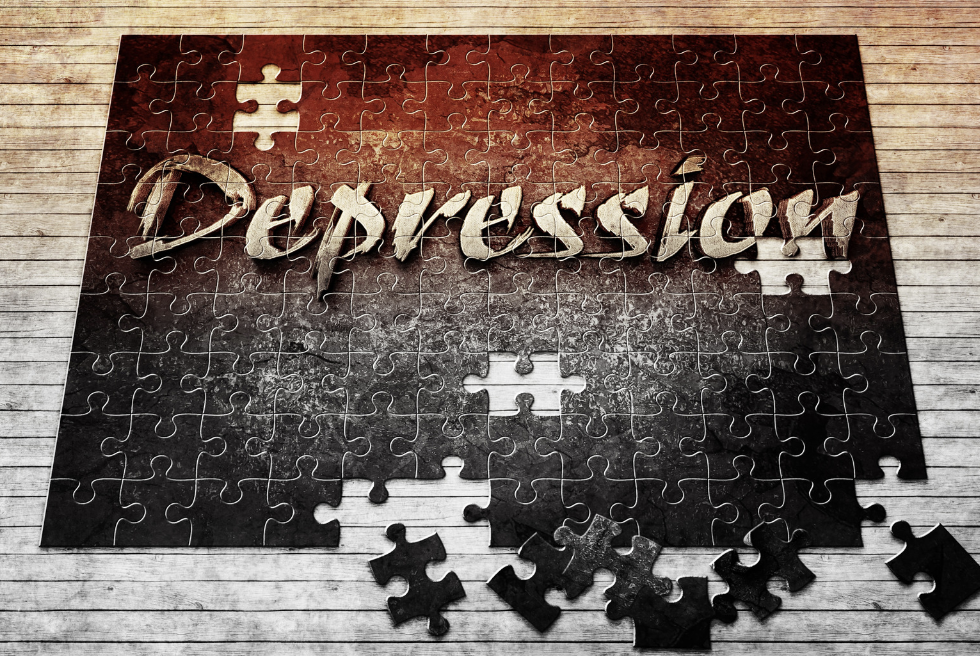Image Courtesy of Canva
A Certified Nursing Assistant (CNA) provides primary nursing care to patients in hospitals, long-term care facilities, and clinics. CNAs typically work under the supervision of licensed nurses. Their duties may include taking vital signs, assisting with patient hygiene, and providing emotional support to patients and their families.
Most states require CNAs to complete a state-approved CNA course and pass a competency exam. Training programs typically last between four and twelve weeks and cover infection control, basic nursing skills, and resident rights. Find a CNA school near you and and check out this Free CNA Course to get better acquainted with the daily responsibilities of a CNA.
The material covered in CNA training programs is generally not difficult to master; however, the ability to perform the physical aspects of the job (such as lifting patients) may be more challenging for some individuals. Certified Nursing Assistants typically work with patients of all ages; however, they may be assigned to a particular unit within a healthcare facility (such as pediatrics or geriatrics) based on their skills and interests.
Treating Depressed Patients
Image Courtesy of Canva
As a Nursing Assistant, you play an essential role in treating patients with depression. There are many ways that you can help patients who are dealing with depression, and it is essential to be familiar with the signs and symptoms of this condition so that you can provide the best possible depression treatment. Depression is a severe medical condition that can profoundly impact a person's quality of life.
It is important to remember that depression is not simply feeling "down" or "sad" for some time – it is a real illness that requires treatment. Symptoms of depression can include changes in sleep patterns, appetite, energy levels, concentration, self-esteem, and interest in activities previously enjoyed. Depression can also cause physical symptoms such as headaches, fatigue, and body aches.
If you notice any of these changes in your patients, it is essential to talk to them about their feelings and encourage them to seek professional help if necessary. You can do many things as a Nursing Assistant to help treat patient depression.
It helps to listen to your patients and offer support. Many times, just knowing that someone cares and wants to help can be enough to start the process of recovery from depression. You should also encourage your patients to participate in activities they enjoy and ensure they get plenty of rest and exercise. Plus, it is important to educate yourself about depression to understand how to treat it effectively when working with your patients.
Challenges Faced by CNAs
Image Courtesy of Canva
Certified Nursing Assistants' major challenges concerning patient problems are time management and prioritization. In addition, CNAs often have many patients to care for, each with their own needs. This can make it challenging to provide the level of care that each patient deserves. In addition, some patients may have complex medical needs that require a higher level of attention and care.
CNAs often deal with complicated patients with dementia, Alzheimer's, Parkinson's, and Major Depressive Disorder. These patients often have trouble communicating their needs and may resist care. As a result, CNAs must be patient and understanding while also being able to communicate effectively with the patient's family members or other caregivers.
How do CNAs Care for Depression in Patients?
First, let's look at MDD (Major Depressive Disorder). Various symptoms can be associated with Major Depressive Disorder and can vary from person to person. Some common symptoms include:
Persistent feelings of sadness or emptiness
Loss of interest in activities that patients once enjoyed
Changes in appetite or weight
Sleep disturbances
Fatigue or low energy
Difficulty concentrating
Feelings of worthlessness or guilt
Thoughts of death or suicide
Depression is complicated for CNAs, as it can significantly impact patients' ability to participate in their care. For example, a depressed patient may have trouble eating or bathing and withdraw from social interaction. As a result, CNAs must be able to provide support and encouragement while also ensuring that the patient is getting the medical care they need.
However, CNAs tend to follow general tips for dealing with depressed patients, including:
Image Courtesy of Canva
Fostering a supportive and positive environment
Helping the patient to set realistic goals and priorities
Referring the patient to a mental health professional if necessary
Encouraging the patient to participate in their care as much as possible
Communicating regularly with the patient's family members or other caregivers
Depressed patients in elderly care facilities tend to suffer from comorbidities including:
Sleep disorders
Eating disorders
Anxiety disorders
Substance abuse disorders
Chronic medical conditions such as heart disease or diabetes
Are CNAs Equipped to Deal with Depression?
The material covered in CNA training programs generally does not include mental health; CNA training programs cover infection control, basic nursing skills, and resident rights. However, some programs may offer courses or workshops on dealing with mentally ill patients. In addition, many healthcare facilities offer in-service training for CNAs on various topics, including mental health.
CNAs are not qualified to administer medication to patients. A licensed healthcare professional, such as a nurse or doctor, must perform this task. Therefore, a Certified Nursing Assistant (CNA) can watch patients take their medication if the doctor prescribes it. However, the CNA cannot administer the drugs to the patient.




